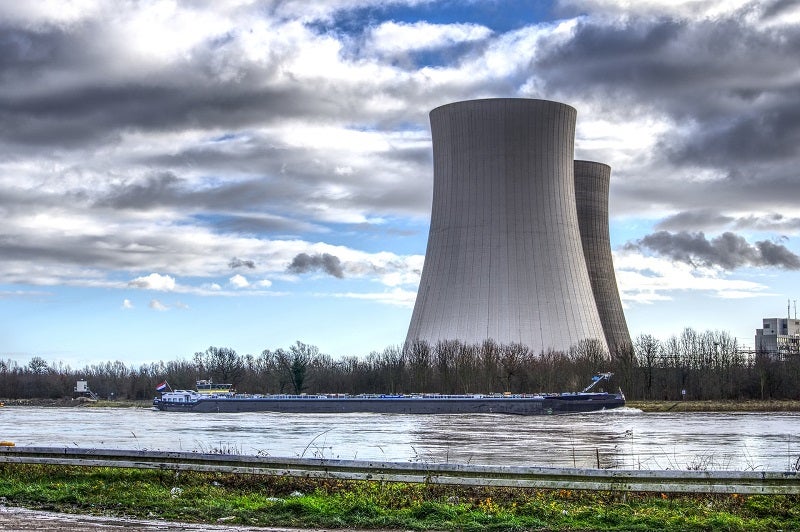The Adani’s Pench Thermal Power Project is 1,320MW coal fired power project. It is planned in Madhya Pradesh, India. According to GlobalData, who tracks and profiles over 170,000 power plants worldwide, the project is currently at the permitting stage. It will be developed in multiple phases. The project construction is likely to commence in 2024 and is expected to enter into commercial operation in December 2026. Buy the profile here.
Description
The project is being developed and currently owned by Pench Thermal Energy (MP). The company has a stake of 100%.
It is a Steam Turbine power plant. The power plant can run on dual-fuel. The primary fuel being used to power the plant will be coal. In case of shortage of coal the plant will run on Light Diesel Oil / Heavy Fuel Oil / Low Sulphur Heavy Stock.
Adani's Pench Thermal Power Project (Adani's Pench Thermal Power Project Unit I) consists of 1 steam turbine with 660MW nameplate capacity.
Adani's Pench Thermal Power Project (Adani's Pench Thermal Power Project Unit II) consists of 1 steam turbine with 660MW nameplate capacity.
Development status
The project construction is expected to commence from 2024. Subsequent to that it will enter into commercial operation by December 2026.
Power purchase agreement
The power generated from the project will be sold to Madhya Pradesh Power Management under a power purchase agreement for a period of 25 years. The offtake capacity is expected to be 1,230MW.
See Also:
For more details on Adani's Pench Thermal Power Project, buy the profile here.
Premium Insights
From

The gold standard of business intelligence.
Blending expert knowledge with cutting-edge technology, GlobalData’s unrivalled proprietary data will enable you to decode what’s happening in your market. You can make better informed decisions and gain a future-proof advantage over your competitors.




